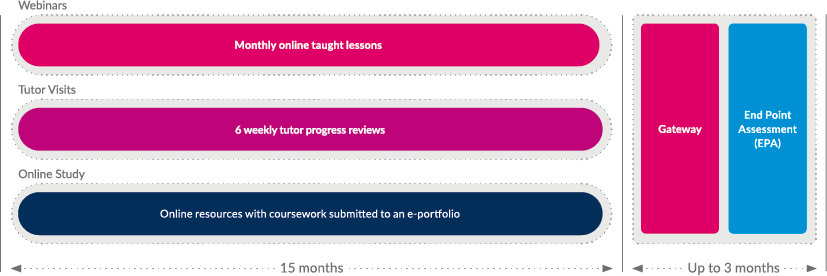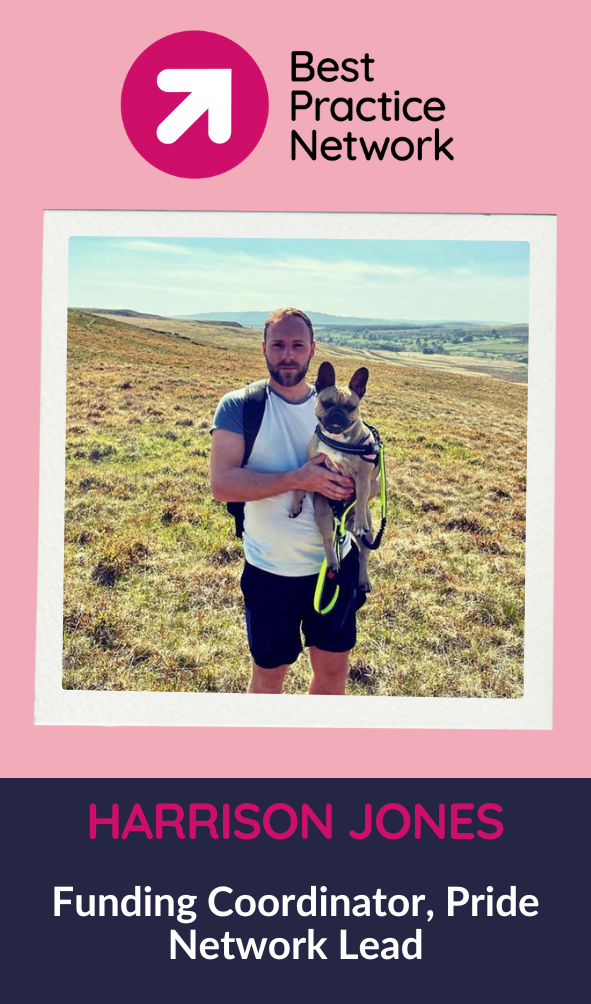What will I learn?
- How to support high quality teaching and learning
- Learn to promote self belief, social inclusion and wellbeing
- Use assessment and feedback to improve progress
- Understand how safeguarding and professional conduct plays an active role in your setting



.png)
.png)
.png)
.png)




(1).png)